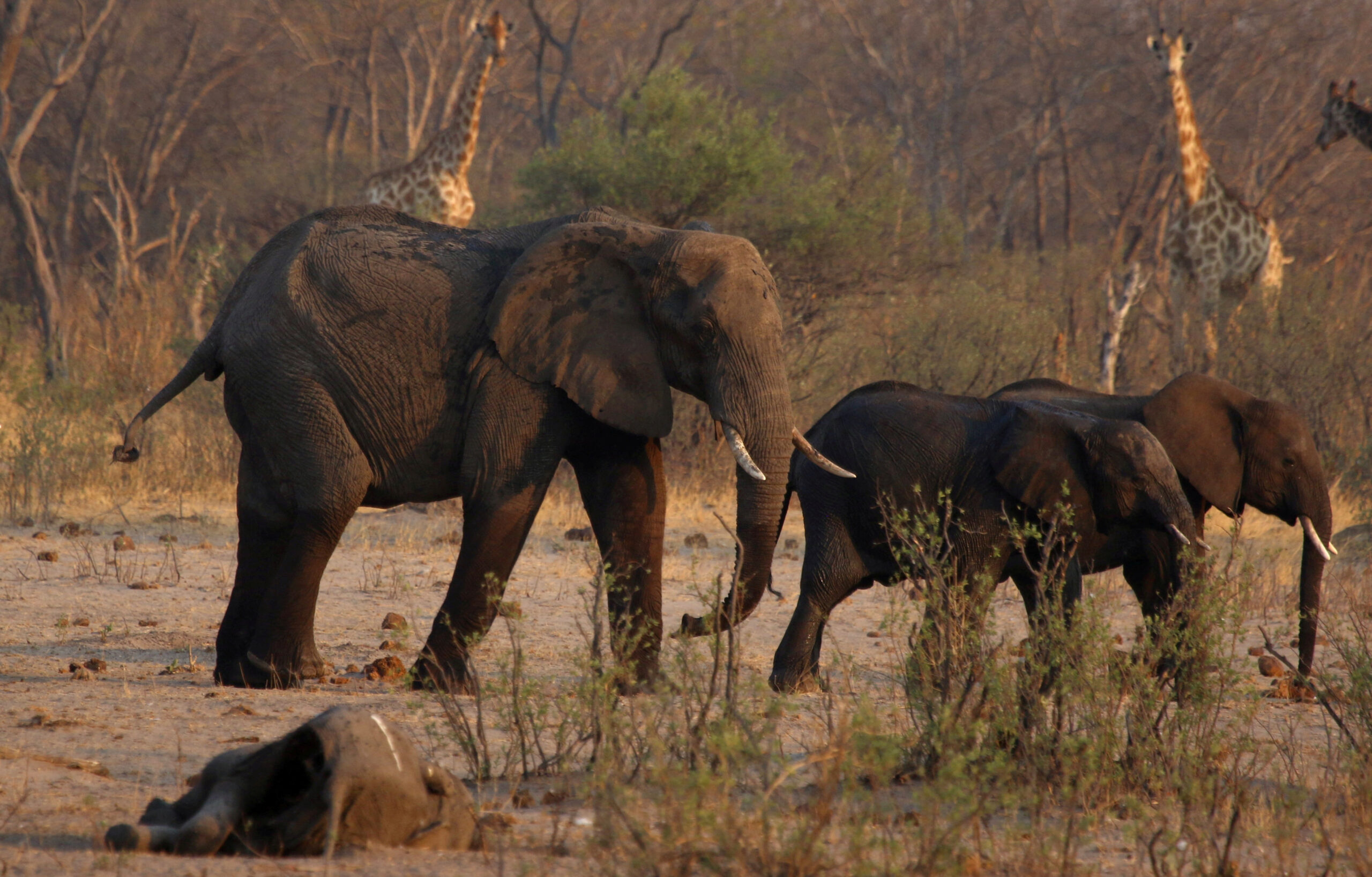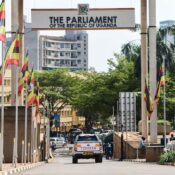
Namibia intends to slaughter 83 elephants and distribute the flesh to individuals who are experiencing drought
Namibia’s environment ministry has announced that it intends to slaughter 723 wild animals, including 83 elephants, and disseminate the meat to individuals who are experiencing food insecurity as a result of a severe drought in southern Africa.
Authorities believe that the number of animals in parks and communal areas exceeds the available grazing land and water supplies, which is why the cull will occur, according to a statement released on Monday.
Namibia, as reported by the United Nations, has exhausted 84% of its food reserves last month, and Southern Africa is currently experiencing its most severe drought in decades. The upcoming months are anticipated to be characterized by elevated levels of food insecurity for nearly half of Namibia’s population.
Human-wildlife conflicts are anticipated to escalate in the absence of government intervention amid the current severe drought, according to the environment ministry.
“To this effect, 83 elephants from identified conflict areas will be culled, (and) meat will be allocated to the drought relief program,” the publication stated.
In addition, the nation intends to eliminate 30 hippos and 60 buffalo, as well as 50 impala, 100 blue wildebeest, 300 zebra, and 100 elands.
More than 56,800 kilograms of meat have been harvested from 107 animals by professional hunters and government-contracted enterprises.
“This exercise in necessary and is in line with our constitutional mandate where our natural resources are used for the benefit of Namibian citizens,” the government’s environment department stated.
Zimbabwe, Zambia, Botswana, Angola, and Namibia are the five southern African countries in which a conservation area is estimated to contain over 200,000 elephants, which is one of the highest elephant populations in the world.
Because of droughts, hundreds of elephants perished in Botswana and Zimbabwe last year.
All Categories
Recent Posts
Tags
+13162306000
zoneyetu@yahoo.com



